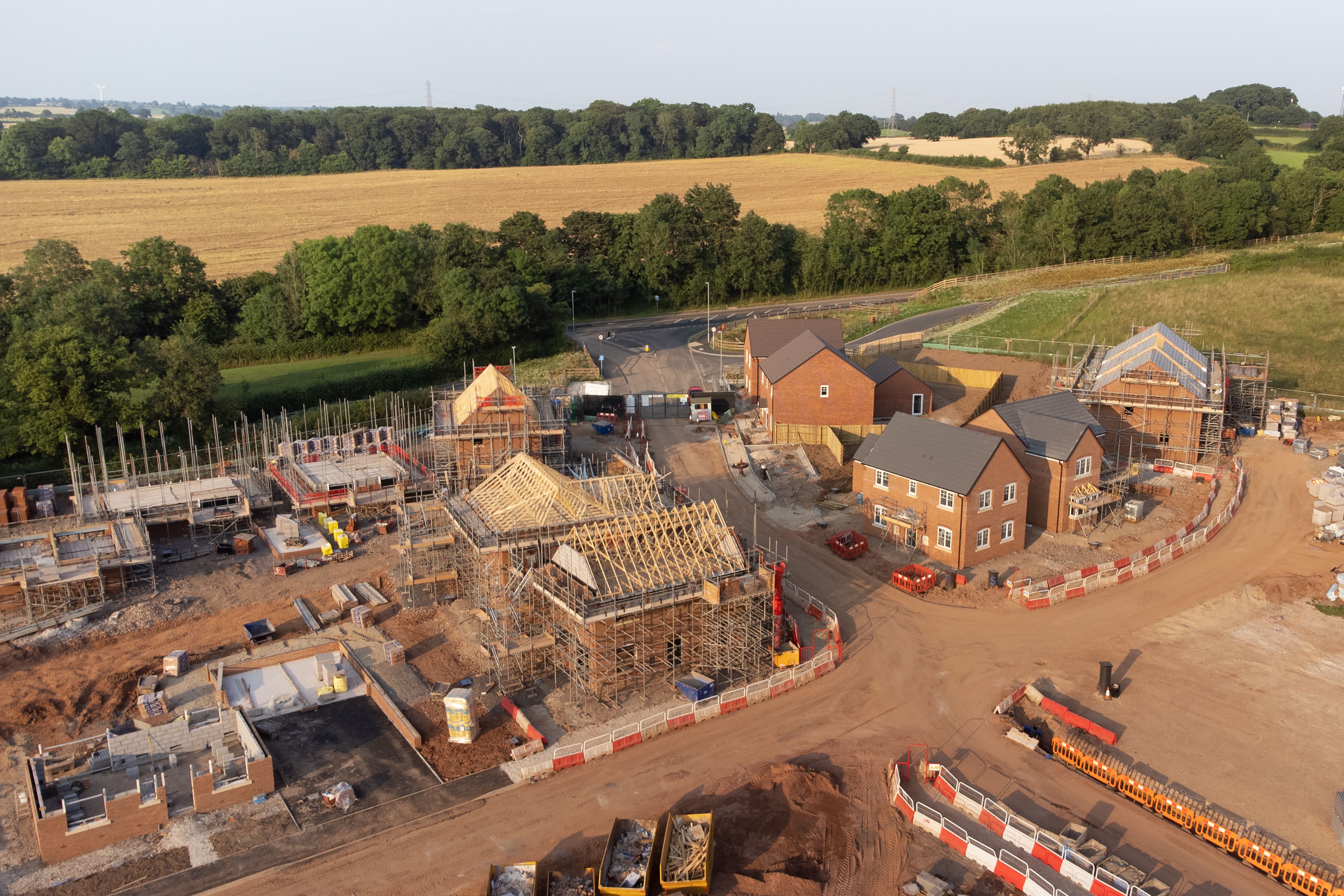Sustainable Strategies in Construction: Developing Your Decarbonization Plan
In the evolving landscape of construction, sustainability is no longer a buzzword but a necessity. The industry faces increasing pressure to reduce its carbon footprint, making the development of a decarbonization plan a crucial step for businesses aiming to stay competitive and environmentally responsible. This post explores sustainable strategies that can be implemented to effectively decarbonize construction projects.
Understanding the Need for Decarbonization
Construction is a significant contributor to global carbon emissions, accounting for nearly 39% of all emissions worldwide. The sector's reliance on energy-intensive processes and materials means there's a critical need to adopt sustainable practices. These practices not only help in reducing emissions but also lead to cost savings and improved brand reputation.

Setting Clear Objectives
The first step in developing a decarbonization plan is to set clear, measurable objectives. Consider what you want to achieve in terms of carbon reduction and by when. Establishing these goals will provide direction and focus for your initiatives. It's crucial to ensure these objectives align with broader industry standards and regulations.
Once objectives are set, companies need to perform a thorough assessment of their current carbon footprint. This involves evaluating the carbon emissions associated with materials, transportation, energy use, and waste. Such an assessment helps identify key areas where improvements can be made.
Implementing Sustainable Materials and Practices
One of the most effective strategies for reducing carbon emissions in construction is the adoption of sustainable materials. Consider using recycled or renewable materials such as bamboo, recycled steel, or low-carbon concrete. These materials not only lower emissions but often provide better durability and performance.

Additionally, incorporating energy-efficient practices during construction can significantly reduce emissions. This includes utilizing modern techniques like prefabrication, which minimizes waste and improves efficiency. Implementing energy-efficient systems within buildings also contributes to long-term sustainability.
Leveraging Technology for Energy Efficiency
Technological advancements offer numerous opportunities to enhance energy efficiency in construction projects. Smart building technologies, such as automated lighting and HVAC systems, can drastically reduce energy consumption. Additionally, employing data analytics can optimize resource use by providing insights into areas where energy savings can be achieved.

Engaging Stakeholders
A successful decarbonization plan requires collaboration among all stakeholders. This means involving architects, engineers, contractors, and clients in the planning process to ensure everyone is aligned with sustainability goals. Engaging stakeholders helps in garnering support and generating innovative solutions that might not have been considered otherwise.
Regular training and workshops on sustainable practices can empower employees to contribute effectively towards decarbonization goals. Encouraging open communication channels also fosters a culture of continuous improvement and innovation.
Monitoring Progress and Adjusting
Once your decarbonization plan is in action, it's vital to monitor progress regularly. Use metrics and benchmarks to assess whether you're meeting your objectives. This allows for timely adjustments to strategies if necessary, ensuring the plan remains effective and aligned with industry changes.
Consider conducting periodic reviews of your sustainability initiatives and seeking feedback from stakeholders. This ensures that the plan evolves with the company's needs and adapts to technological advancements and regulatory requirements.
The Road Ahead
As the construction industry continues to face challenges related to carbon emissions, developing a robust decarbonization plan becomes indispensable. By embracing sustainable materials, leveraging technology, engaging stakeholders, and continuously monitoring progress, construction companies can significantly contribute to a more sustainable future.

